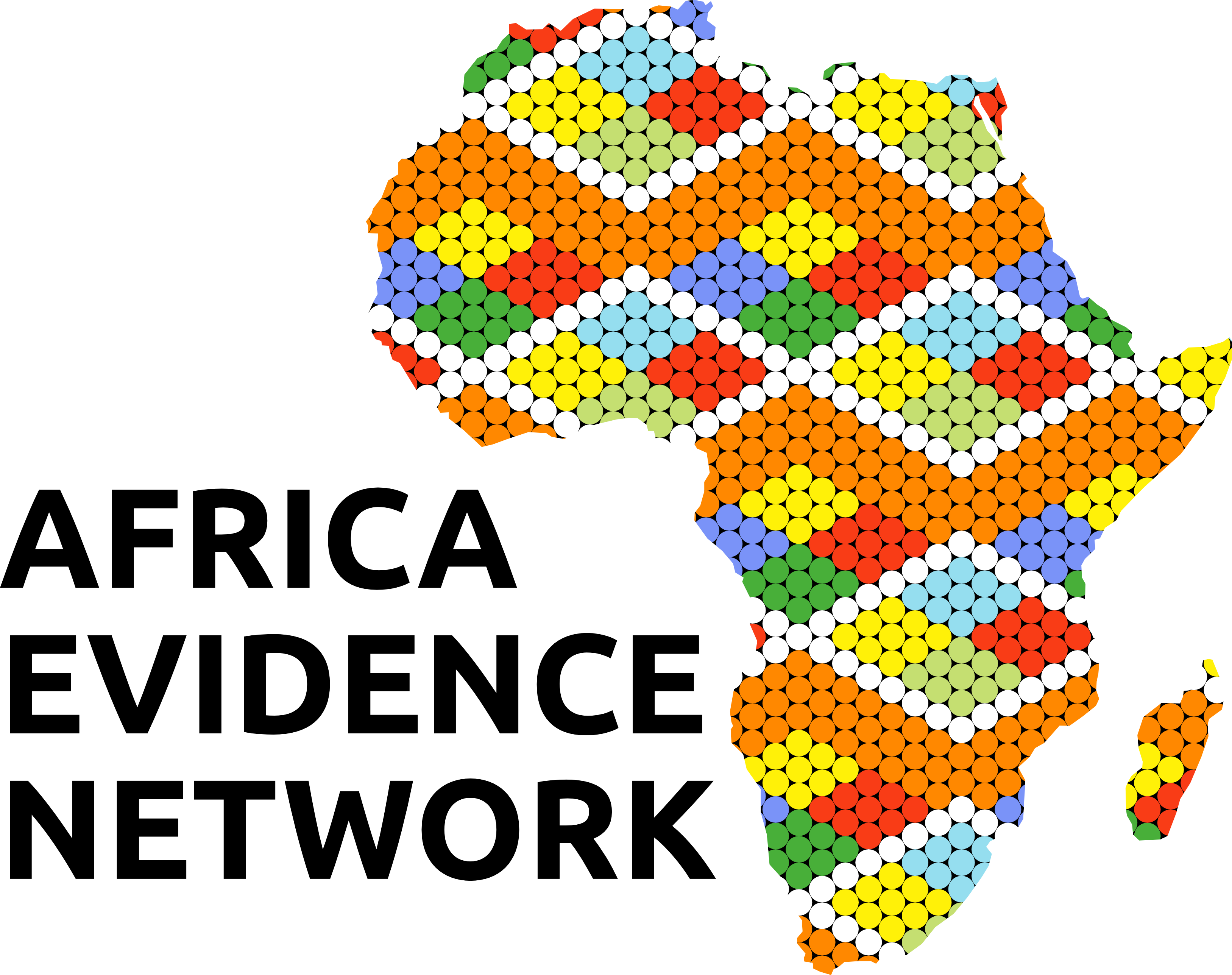
My name is Luvuyo Zigana, a 25-year-old environmental anthropologist by training and a policy developer by profession. I am an astute and experienced professional with expertise in policy development related to water management, development facilitation and knowledge management. I joined the South African national Department of Water and Sanitation in 2017 through the Learning Academy as a graduate trainee. I work in the Chief Directorate: Water Policy at the head office in Pretoria. Our contribution to the goal of the Department is through the development, monitoring and reviewing water and sanitation sector policies to ensure sustainable water resources management, and reliable and equitable water supply and services. Working under the Chief Directorate: Water Policy means I work in a unit that can be regarded as the brain of the Department. Since joining the Department I have grown as an individual through my involvement in the development of the Regulations Relating to Norms and Standards, the Water and Sanitation Bill, the Water and Sanitation Sector Policy on Climate Change, the National Sanitation Policy, the Integrated Water Management Policy, and the Mine Water Policy.
Before joining the Department I was a researcher at the Africa Centre for Evidence (ACE) at the University of Johannesburg, where I was involved in producing evidence synthesis. The skills I gained at ACE put me in a position where I have been able to make a positive contribution to how policies of the Department are crafted. I am also a member of the Africa Evidence Network (AEN). By being part of the AEN I have been able to bounce ideas with different researchers, practitioners and policy-makers from universities, civil society and government across Africa, and learn what they are doing and how we as the Department of Water and Sanitation can use that information. Lastly, through being part of AEN and attending different conferences and learning exchanges on the use of evidence in the public sector, and how to generate rapid responses from evidence maps. I have been able to share the knowledge I gained with my team in the department and that has sparked interest from the policy team into taping into this contemporary paradigm of evidence-informed policy-formulation and decision-making.
In terms of academics, I possess a Masters of Arts in Environmental Anthropology from the University of Johannesburg, which I obtained in 2018, a Honours Degree in Anthropology with majors in Environmental Anthropology and Geo-informatics Remote Sensing and Image (2016), and a Bachelors Degree in Humanities with majors in Geography, Anthropology and Political Science (completed in 2014). This unique blend of qualifications and my current experience has enhanced my acumen and insight into various aspects relating to policy development, legislation, regulation, environmental management, strategy development, implementation and assessment. With these qualifications not only am I able to study the relations between humans and their environment, but they also put me in a position to contribute to policies that address our environmental problems whilst also considering the human benefit. This is what makes my job interesting.
Currently, I am a registered second-year doctoral candidate in Development Studies at the University of Johannesburg. By conducting evidence synthesis, my research looks at the interventions that work in achieving Integrated Water Resources Management (IWRM). The aim is to identify interventions that the water sector can use in achieving IWRM and to fully unpack the Developmental Water Management paradigm highlighted in the National Water Resources Management Strategy. I am in pursuit of improving water management practices and policies to ensure that social equity in water access and water management is achieved. And guess what? I am being supervised by two highly astute evidence synthesis connoisseurs, Dr. Laurenz Langer (an evidence synthesis specialist at ACE)and Dr. Carina van Rooyen (co-director of the South African centre of the Collaboration for Environmental Evidence, and an aquaphile). Their passion for systematic reviews and evidence synthesis has infected me…. I think I have been captured.
The views expressed in published blog posts, as well as any errors or omissions, are the sole responsibility of the author/s and do not represent the views of the Africa Evidence Network, its secretariat, advisory or reference groups, or its funders; nor does it imply endorsement by the afore-mentioned parties.